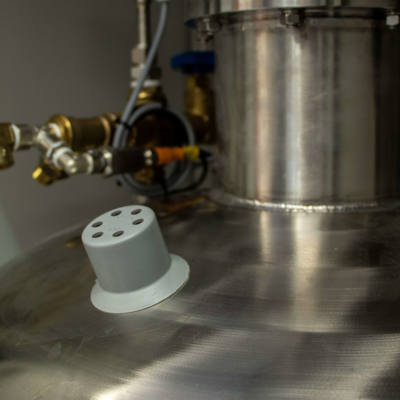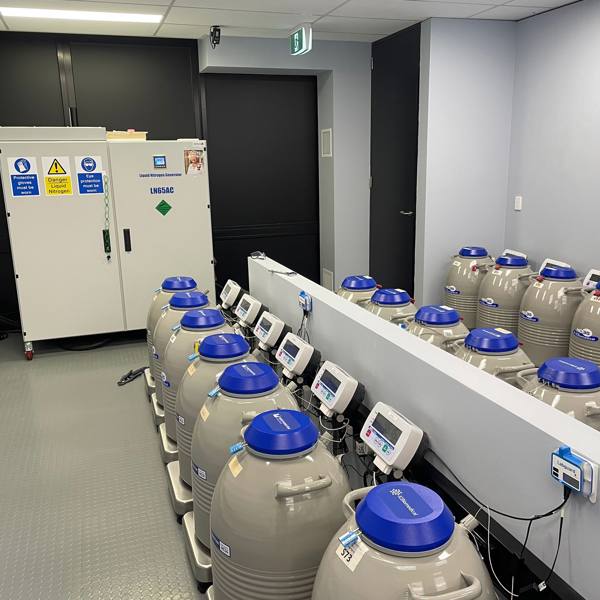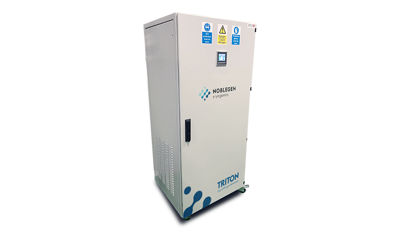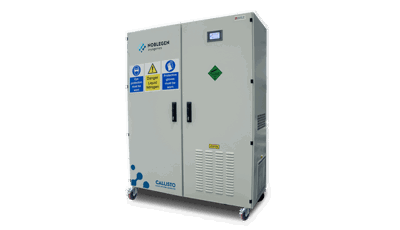
Liquid nitrogen for IVF
Liquid nitrogen is critical in in vitro fertilization (IVF), providing ultra-low temperatures to safely preserve eggs, sperm, and embryos. This ensures genetic material remains viable for extended periods, allowing for successful storage, transport, and timing of fertilization and embryo transfer, ultimately supporting higher success rates and consistent outcomes in fertility treatments.

Liquid nitrogen applications in IVF
Liquid nitrogen plays a crucial role in several stages of the IVF process:
Cryopreservation of Embryos: Liquid nitrogen is used to freeze embryos at extremely low temperatures, allowing them to be stored for future use. This enables couples to delay embryo transfer, increase the chances of successful pregnancy, and reduce the risk of multiple births.
Cryopreservation of Sperm: Sperm can also be cryopreserved using liquid nitrogen, which is particularly useful for couples with fertility issues or for preserving genetic material.
Looking to add an LN2 generator to support your IVF clinic?
Noblegen generators provide safe, reliable, and on-demand liquid nitrogen, giving you complete control over your supply. Perfect for cryopreservation of eggs, sperm, and embryos, our generators eliminate risks from supply shortages, boil-off losses, and delivery delays. Our team can help you select the right system to keep your clinic running smoothly and ensure uninterrupted patient care.

Why choose liquid nitrogen generators?
Liquid nitrogen generators provide significant advantages over traditional supply methods for IVF clinics:
-
Reliable Supply: Provides a steady, uninterrupted source of LN₂, keeping eggs, sperm, and embryos safely preserved without frequent deliveries.
-
Low Maintenance: Easy to operate with minimal upkeep, freeing staff to concentrate on patient care and lab work.
-
Enhanced Safety: Reduces the hazards of handling and transporting large volumes of liquid nitrogen.
-
Cost Efficiency: Cuts reliance on external suppliers, lowering operational expenses and offering long-term savings.
-
Sustainable Practice: Decreases transport-related emissions, promoting sustainable clinic operations.

The importance of reliable LN2 supply for IVF
Without a reliable supply of liquid nitrogen, IVF clinics risk cold chain disruptions that can compromise eggs, sperm, and embryos.
Risk of unreliable LN2 supply
-
Risk to Sample Integrity: Interruptions in LN₂ supply or temperature fluctuations can compromise the viability of eggs, sperm, embryos, and donor tissues, potentially affecting fertility outcomes.
-
Evaporation Loss and Waste: Boil-off during storage and transport increases operational costs and reduces efficiency.
-
Operational Downtime: Delayed deliveries or supply interruptions can disrupt laboratory workflows, IVF procedures, and other critical healthcare operations.
-
Safety Hazards: Handling and transporting large volumes of LN₂ poses risks to staff and patients if not managed correctly.
-
Transport Challenges: Remote refill stations, difficult access, or poor infrastructure can delay delivery of LN₂, impacting patient care.
Related Products
Liquid nitrogen solutions for IVF

Focus on your samples, not supply
On-site generation allows for a reliable, cost-effective and sustainable alternative that reduces risks and boil-off losses associated with deliveries. Compact, low-maintenance generators are designed to integrate seamlessly with existing lab equipment, providing continuous access to LN₂ without taking up valuable space. Easy to use and maintain, these generators ensure the safe preservation of eggs, sperm, and embryos, support uninterrupted laboratory workflows, and give IVF clinics greater operational control, improved efficiency, and peace of mind for both staff and patients.




